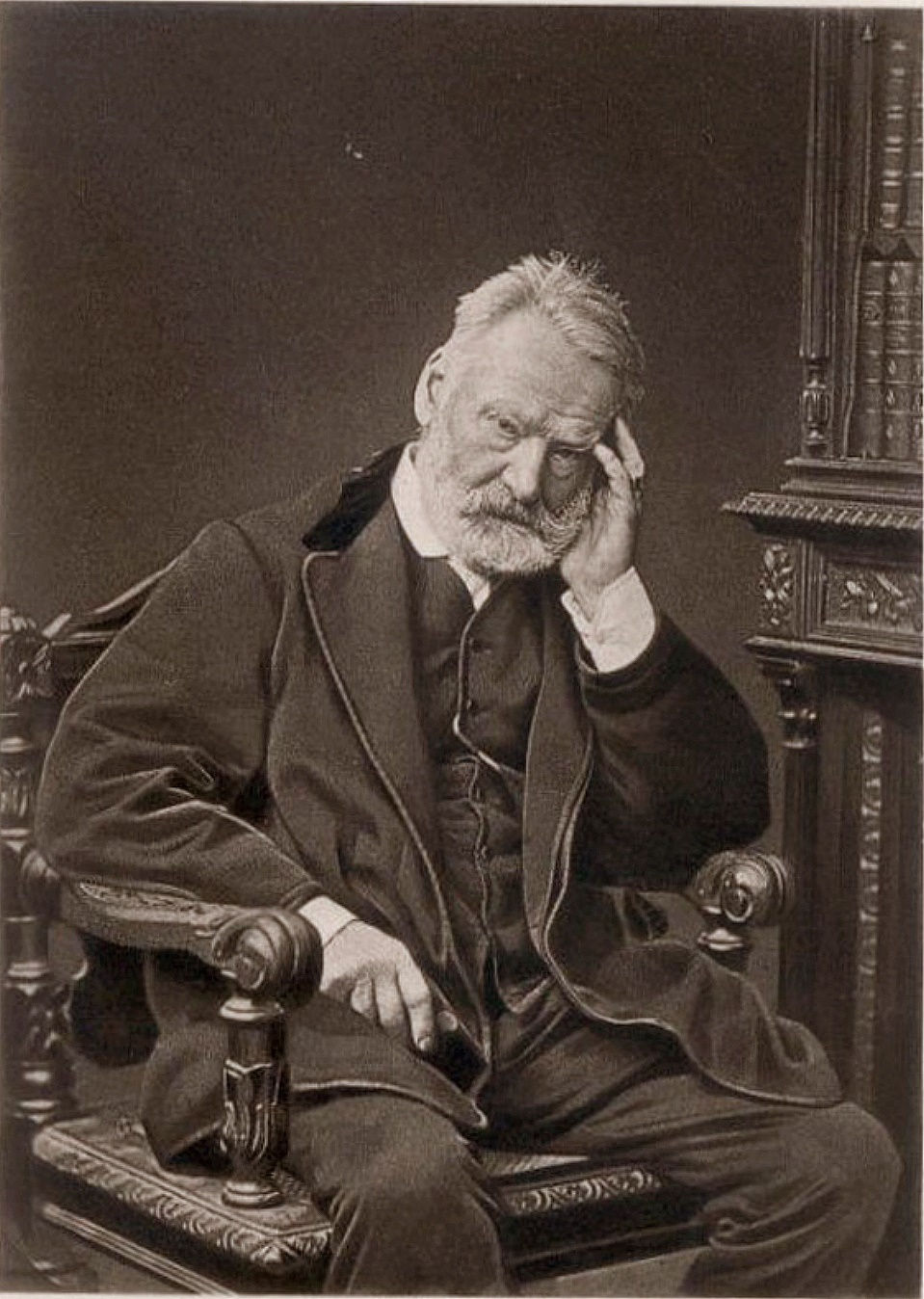Victor Hugo: A Timeless Voice in French Literature
- Ivana Tučev

- Sep 22, 2025
- 3 min read
Who Was Victor Hugo?
When you think of French literature, one name stands out: Victor Hugo. Poet, novelist, playwright, and political activist, Hugo was more than a writer; he was a symbol of justice and humanity. His works, from Les Misérables to Notre-Dame de Paris, are still read and loved worldwide.

Victor Hugo’s Biography
Victor Hugo was born in 1802 in Besançon, France. He showed incredible talent for writing from a young age, publishing poems and plays before he was 20.
But Hugo’s influence extended far beyond literature. He was deeply involved in politics, defending democracy, education, and freedom of the press. He was also a strong opponent of the death penalty.
In 1851, when Napoleon III took power, Hugo went into exile on the island of Guernsey, where he wrote some of his most famous works. He returned to France in 1870, celebrated as a national hero. When he died in 1885, more than two million people attended his funeral. Today, he rests in the Panthéon in Paris, among France’s greatest figures.
Victor Hugo’s Famous Works
Les Misérables (1862)
This masterpiece follows the journey of Jean Valjean, a former prisoner seeking redemption. It explores themes of poverty, justice, and compassion. Les Misérables has inspired countless films, TV series, and the world-famous musical.
Notre-Dame de Paris (1831)
Known in English as The Hunchback of Notre-Dame, this novel tells the story of Quasimodo, the bell-ringer of the cathedral, and Esmeralda, a young woman falsely accused of witchcraft. The book revived interest in the cathedral, which was in poor condition at the time, and helped lead to its restoration.
Les Contemplations (1856)
A personal collection of poetry in which Hugo reflects on his life, memories, and grief over the tragic death of his daughter Léopoldine. It remains one of his most moving works.
Hernani (1830)
A groundbreaking play that sparked a major debate in French theater. Hernani symbolized the victory of Romanticism over strict classical traditions.
Victor Hugo’s Political and Social Impact
Hugo was more than a literary genius; he was a champion of social justice.
He denounced the death penalty in The Last Day of a Condemned Man.
He gave a voice to the poor and marginalized, especially in Les Misérables.
He used his political career to support human rights, education, and press freedom.
Thanks to his activism and his writing, Hugo became not just a French icon but a universal symbol of justice and freedom.
Why Victor Hugo Still Matters Today
More than a century after his death, Victor Hugo’s works continue to resonate. His characters, including Jean Valjean, Quasimodo, and Esmeralda, speak to readers about compassion, courage, and the struggle for dignity.
His message is timeless: literature can change the way we see the world and inspire us to fight for justice.
Key French Vocabulary
Un écrivain = a writer
Un chef-d’œuvre = a masterpiece
Un misérable = a very poor person (also the title Les Misérables)
Être un monument de la littérature = to be a literary giant
Victor Hugo remains one of the greatest French writers in history. His works are not only masterpieces of French literature, but also powerful calls for freedom, justice, and humanity.
Whether you read Les Misérables, visit Notre-Dame de Paris, or discover his poetry, exploring Hugo’s legacy is a journey into the heart of French culture.
Have you ever read or watched an adaptation of Victor Hugo’s works? Share your experience in the comments.








Comments